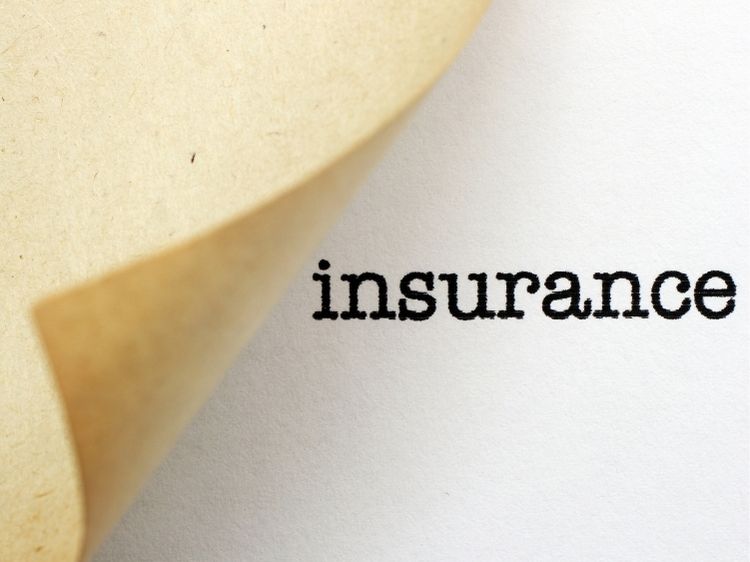When it comes to safeguarding your vehicle, car insurance isn’t just an option—it’s a necessity. But with so many policies and providers out there, how do you choose the right one? Whether you’re a first-time driver or looking to switch providers, understanding the ins and outs of car insurance can save you time, money, and stress. This guide will walk you through everything you need to know about car insurance, helping you make an informed decision that’s just right for you.
What Is Car Insurance?
Car insurance is a contract between you and an insurance company that protects you against financial loss in the event of an accident, theft, or other covered events. In exchange for your premium payments, the insurance company agrees to pay for your losses as outlined in your policy.
Types of Car Insurance Coverage
Car insurance comes in various forms, and it’s essential to know what each one covers:
- Liability Insurance: This is often mandatory and covers damages you cause to others, including bodily injury and property damage.
- Collision Insurance: Covers damage to your car resulting from a collision with another vehicle or object.
- Comprehensive Insurance: Protects against non-collision-related incidents like theft, vandalism, and natural disasters.
- Uninsured/Underinsured Motorist Coverage: Provides protection if you’re hit by a driver who has no insurance or insufficient coverage.
- Personal Injury Protection (PIP): Covers medical expenses and sometimes lost wages, regardless of who is at fault.
Why Is Car Insurance Important?
Car insurance isn’t just a legal requirement in most places—it’s a critical safety net. Imagine getting into an accident and facing thousands of dollars in repair and medical bills. Without insurance, you’d have to foot that bill yourself. Car insurance ensures you’re not left stranded financially when the unexpected happens.
Legal Requirements
Most states mandate that drivers carry at least a minimum level of liability insurance. Driving without it could result in hefty fines, license suspension, or even jail time. So, before you hit the road, make sure you’re adequately covered.
How to Choose the Right Car Insurance
Choosing the right car insurance involves more than just picking the cheapest option. You need a policy that fits your needs, lifestyle, and budget. Here’s how to go about it:
- Assess Your Needs: Consider factors like your car’s value, how often you drive, and your financial situation.
- Compare Quotes: Don’t settle for the first offer—shop around and compare quotes from different providers.
- Check the Insurer’s Reputation: Look at customer reviews and ratings to gauge the insurer’s reliability and customer service.
- Understand the Policy: Read the fine print! Make sure you know what’s covered and what’s not.
- Look for Discounts: Many insurers offer discounts for things like safe driving, bundling policies, and even being a student.
Common Myths About Car Insurance
There are plenty of misconceptions when it comes to car insurance. Let’s clear up a few:
- Myth 1: Red Cars Are More Expensive to Insure: False! The color of your car has no bearing on your insurance rates.
- Myth 2: Older Drivers Always Pay More: Not necessarily. Premiums are based on driving record, vehicle type, and other factors—not just age.
- Myth 3: Your Credit Score Doesn’t Affect Your Rates: Unfortunately, it can. Many insurers consider your credit score when determining premiums.
FAQs About Car Insurance
- What happens if I don’t have car insurance?
If you’re caught driving without insurance, you could face legal penalties, fines, and be responsible for all costs in an accident. - Can my car insurance policy cover other drivers?
Yes, most policies will cover other drivers who have permission to use your car, but it’s best to check the specifics with your insurer. - How often should I shop around for car insurance?
It’s a good idea to compare rates annually or whenever there’s a significant change in your life, like moving or buying a new car. - Does car insurance cover rental cars?
Many policies include coverage for rental cars, but this can vary. Always check your policy details before renting. - Will filing a claim increase my insurance premium?
It can, especially if you’re at fault. However, some insurers offer accident forgiveness programs.
Conclusion
Car insurance is more than just a legal requirement—it’s your financial safeguard against unexpected events on the road. By understanding your coverage options, knowing what factors affect your premium, and shopping around for the best deals, you can ensure you’re getting the right protection without overpaying. Remember, the cheapest policy isn’t always the best—look for value, reliability, and the coverage that meets your unique needs.
Authoritative Links
- https://www.usa.gov/car-insurance
- https://www.naic.org/consumer.htm
- https://www.consumerreports.org/car-insurance/



